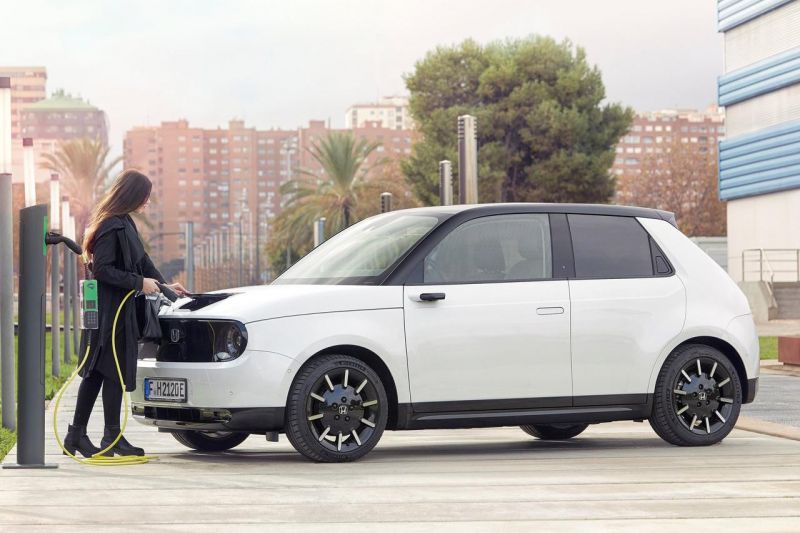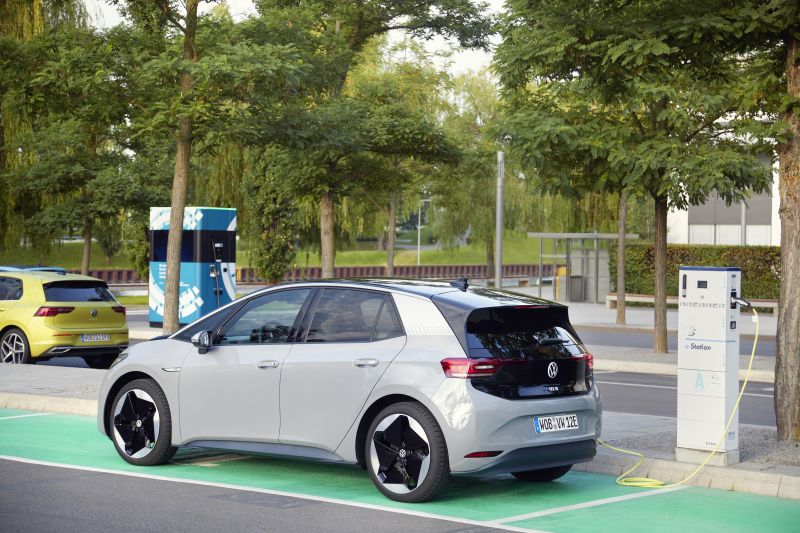It wasn’t just countries making climate pledges at the COP26 summit in Glasgow. Some car companies did the same – and some notably abstained.
Though the United States didn’t commit to phasing out fossil-fuel vehicles by 2040, two of its largest automakers – Ford and General Motors – made this pledge.
They joined Jaguar Land Rover, Mercedes-Benz and Volvo, along with Chinese electric vehicle specialist BYD. Ride-hailing leader Uber also signed.
Conspicuous in their absence were the world’s two largest automakers, Toyota and Volkswagen.
Also opting not to sign the non-binding pledge was the world’s fourth largest automaker, Stellantis, as well as BMW, Honda, Hyundai Motor Group, Nissan and Renault.
Honda, however, has previously said it’ll only sell electric and hydrogen fuel-cell vehicles by 2040.
The COP26 pledge calls for all new car and vans sold to be zero-emission vehicles by 2040 globally, and by no later than 2035 in “leading markets”.
It also says signatories, which include cities, countries, fleet owners and financial institutions, recognise a sustainable future for road transport will require more than just a phase-out of internal combustion-powered vehicles.
It’ll require support for public and shared transport, as well as addressing the “full value chain impacts” of vehicle production, use and disposal.
Volkswagen explained its rationale for not signing, with a spokesperson telling the BBC it didn’t make sense to sign up when electricity production in the US and China still relies heavily on burning fossil fuels.
MORE: Which brands are going fully electric and by when?
Major car manufacturing nations like the US, China, Germany, Japan and South Korea opted not to sign the pledge.
Reuters reports Germany didn’t sign due to a “marginal aspect” of the pledge, with a German environment ministry spokesperson saying the government hadn’t reached an internal consensus on whether fuels made from renewable energy but burned in a combustion engine could be part of the solution.
According to data from the International Energy Agency, about a quarter of all global carbon emissions come from transport, including cars, buses, trucks, ships and planes.









